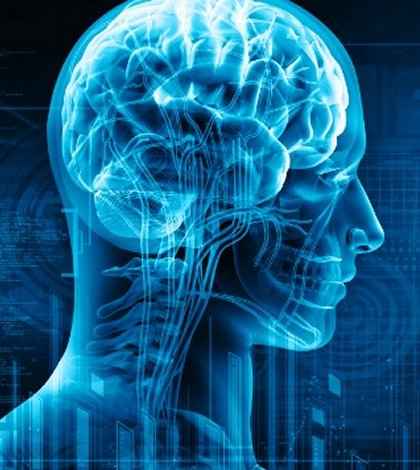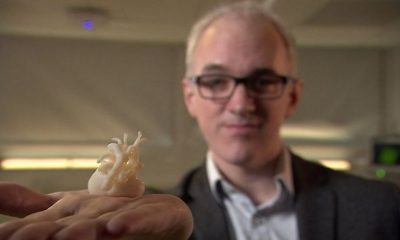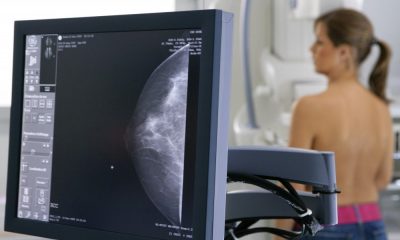Whether or not you’re at risk for early onset Alzheimer’s depends in large part on your genes. The disease is often hereditary, and has been linked to genetic mutations in the APP, APOE, and PSEN 1 or 2 genes.
You can get these genes tested to determine whether you are at risk, but there are pros and cons to finding out too early. If you discover you are at risk for early-onset Alzheimer’s before exhibiting symptoms, it could affect your prospects for getting long-term care insurance and health insurance. However, knowing early could also give you more time to prepare for when you may need more advanced care. Ultimately, the decision to get tested is always personal.
Once you start exhibiting symptoms however, getting an accurate diagnosis is important. You will need to know your condition in order to communicate effectively with doctors, get your needs met at work, and gain the understanding of friends and family who might otherwise be confused by your changes in behavior. In addition, the symptoms for early-onset Alzheimer’s can resemble other types of dementia as well-some of which are treatable. However, getting a diagnosis for Alzheimer’s at an earlier age than most Alzheimer’s cases exhibit can be problematic. Many health care providers aren’t used to seeing patients with Alzheimer’s symptoms at ages younger than 65-and you may face multiple misdiagnoses and conflicting diagnoses before landing on the correct one.
Diagnosing Alzheimer’s disease can be a complicated process. There is no single test that confirms the presence of the disease, and an accurate diagnosis often involves a comprehensive medical exam, memory tests, a brain imaging scan, and a neurological test. If you suspect you or a loved one may have early onset Alzheimer’s, it may be best to consult with a physician who specializes in the disease. Be sure to document any memory problems you may be experiencing.
Early onset Alzheimer’s can be an especially devastating disease, because those who suffer from it are often still employed full-time and may be caring for children or their own aging parents. It can also be devastating for spouses and family members who expected many more good years with the patient. If you believe you have early onset Alzheimer’s, an accurate diagnosis is critical to helping your family understand your needs and cope with the disease along with you.
Staying in full-time employment often becomes difficult or impossible as the disease progresses. For patients who are married, spouses may have to cut back on hours or quit their jobs entirely to provide round-the-clock care. This is a particular problem for younger Alzheimer’s patients, as you may not become eligible for many social services, medical benefits, and support programs until you are over 65. If you are concerned about how your Alzheimer’s diagnosis will affect your finances, you may need to sit down with an attorney or a financial planner to discuss your needs in the future. Your employer may allow you to take early retirement, and you may be eligible for benefits through Medicare, Medicaid, or Social Security. Above all, it is important to organize your financial documents and make sure your spouse or a close family member understands your finances-and is prepared to step in and handle them when you are no longer able to.
There is no cure for Alzheimer’s disease. However, some medications can slow its progress. It is a common misconception that early onset Alzheimer’s progresses faster than the more common form of the disease-this is not actually substantiated in medical studies. While a diagnosis of early onset Alzheimer’s can be devastating both for you and your family, you will not be alone in managing the disease. There are resources,support groups, and services available that specialize in Alzheimer’s assistance for both patients and their caregivers. Begin your research early and set up a support network before you need it-and you will have a better chance of making the coping process easier on yourself and your family. The number of people living with Alzheimer’s disease is expected to triple by 2050, a new study shows. The increase is being driven by an aging baby boomer population and may place a huge burden on the medical care system.





















